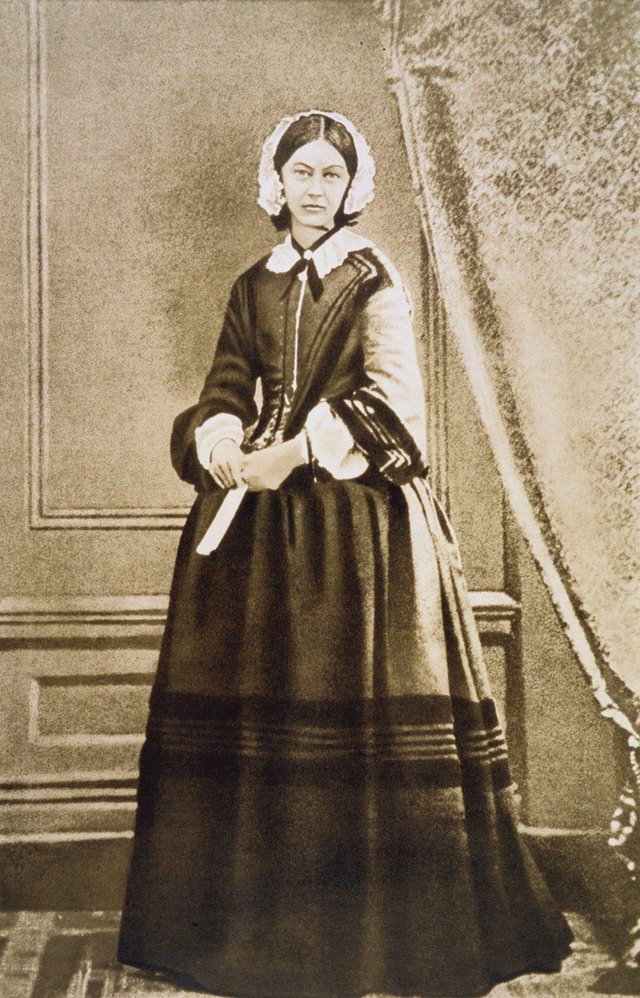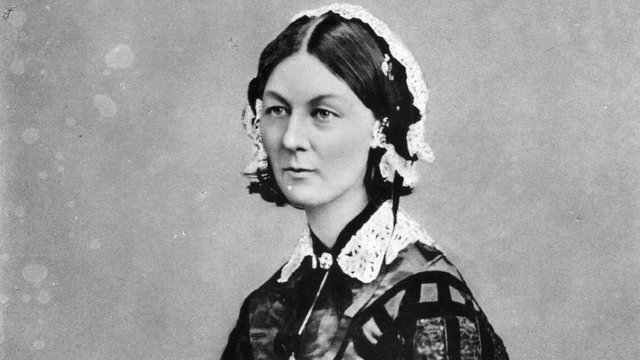
Florence Nightingale (1820–1910) was a pioneering nurse, social reformer, and statistician, best known for her foundational role in modern nursing. Born into a wealthy British family, she defied societal expectations by pursuing a career in nursing, a profession considered unsuitable for women of her status at the time.
Nightingale's most notable contribution came during the Crimean War (1853-1856), where she led a team of nurses to care for British soldiers. Upon arriving at the military hospital in Scutari, she found appalling conditions, including overcrowding, inadequate sanitation, and a high mortality rate from infections. Through her tireless efforts, Nightingale implemented strict hygiene practices, vastly improving the hospital's conditions and significantly reducing the death rate.
Her meticulous approach to data collection and analysis laid the groundwork for modern epidemiology. Nightingale used statistical charts to illustrate the impact of sanitary reforms, convincing the British government to improve army medical services. Her innovative use of the "polar area diagram" to present statistics visually is considered an early form of data visualization.

After the war, Nightingale continued to advocate for health reforms. She established the Nightingale Training School for Nurses in 1860 at St. Thomas' Hospital in London, which professionalized nursing and set high standards for training. Her book, "Notes on Nursing: What It Is and What It Is Not," published in 1859, became an essential manual for nursing practice.
Nightingale's legacy extends beyond her contributions to nursing and public health. She was also a social reformer, addressing issues such as hunger in India, hospital planning, and the importance of sanitary living conditions. Her work significantly influenced healthcare practices worldwide, earning her the title "The Lady with the Lamp" for her compassionate care and dedication.
Florence Nightingale's pioneering efforts not only transformed the nursing profession but also underscored the importance of hygiene, healthcare infrastructure, and data-driven medical practices, leaving an indelible mark on public health and medical care.
Congratulations, your post has been upvoted by @upex with a 0.33% upvote. We invite you to continue producing quality content and join our Discord community here. Keep up the good work! #upex
Downvoting a post can decrease pending rewards and make it less visible. Common reasons:
Submit